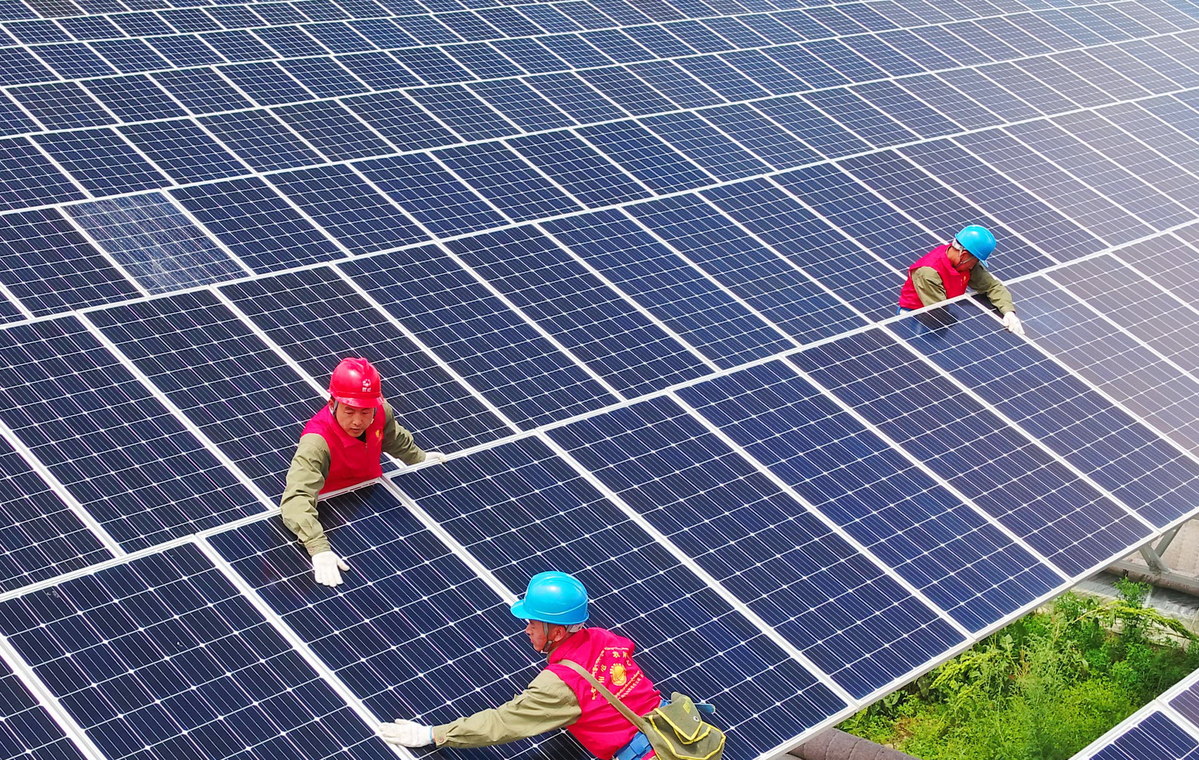Global smart grid may be key to curbing biodiversity loss, new book says


The construction of a globally interconnected smart grid of clean energy may provide a solution to address the international crisis of biodiversity loss, according to a book released on Tuesday in the run-up to a key United Nations biodiversity conference.
Globally, biodiversity loss can be attributed to five main causes — habitat loss and degradation, over exploitation, climate change, environmental pollution and invasive species.
"A key underlying driver exacerbating these problems has been the unsustainable pattern of energy development," it says.
Titled Biodiversity and Revolution of Energy and Electric Power, the book was written by researchers at the Global Energy Interconnection Development and Cooperation Organization, an international NGO from China.
Fossil energy exploitation and transportation have caused ground collapses, water loss, soil erosion and desertification, directly endangering animals' habitats, said Chen Gesong, deputy director of the organization's secretariat, addressing the book launching ceremony.
The exploitation of 10,000 metric tons of coal usually results in 3,000 square meters of ground collapse. The construction of pipelines also cuts off animals' migratory pathways, he noted.
He said the long distance of oil via marine transportation is also a major contributor to the introduction of invasive species. As they transport over 2 billion tons of oil around the world each year, oil tankers discharge ballast water containing a large number of such species into foreign seas.
Globally, 3 billion people still turn to forests for firewood to warm their homes. This also poses a great threat to biodiversity conservation, he said. In Africa, for example, about 10,000 square meters of forest are damaged every year because of people's need for firewood.
He stressed that Global Energy Interconnection, which was proposed by China in 2015, could offer a systematic solution to promote biodiversity conservation.
The system would consist of a globally interconnected smart grid with an ultrahigh voltage grid as the backbone, which would serve as a platform for the development, deployment and utilization of clean energy worldwide.
Liu Ning, deputy executive director of the office of the executive committee for COP15 UN biodiversity conference, said China's endeavors to reach peak carbon dioxide emissions before 2030, realize carbon neutrality before 2060 and build a clean, low-carbon and efficient energy system will effectively relieve biodiversity from the threat posed by climate change.
The world's biggest biodiversity meeting in a decade, the COP 15 will be held in Kunming, capital of Yunnan province, from Oct 11 to 15 and again in the first half of next year. The summit is tasked with elaborating on the post-2020 global biodiversity framework and identifying protection goals through 2030.
Liu said it's the common responsibilities of the government, enterprises and different social sectors to help address biodiversity loss, a global challenge. The book by the NGO provides a new view on how to address the biodiversity crisis and problems with the world's energy system.
Following the principle of openness, innovation, cooperation and mutual benefit, the country is willing to conduct exchanges and cooperate with other parties, he said.
China will strive to make even greater contributions to the building of a shared future for all life on Earth with harmonious coexistence of man and nature, he stressed.





































